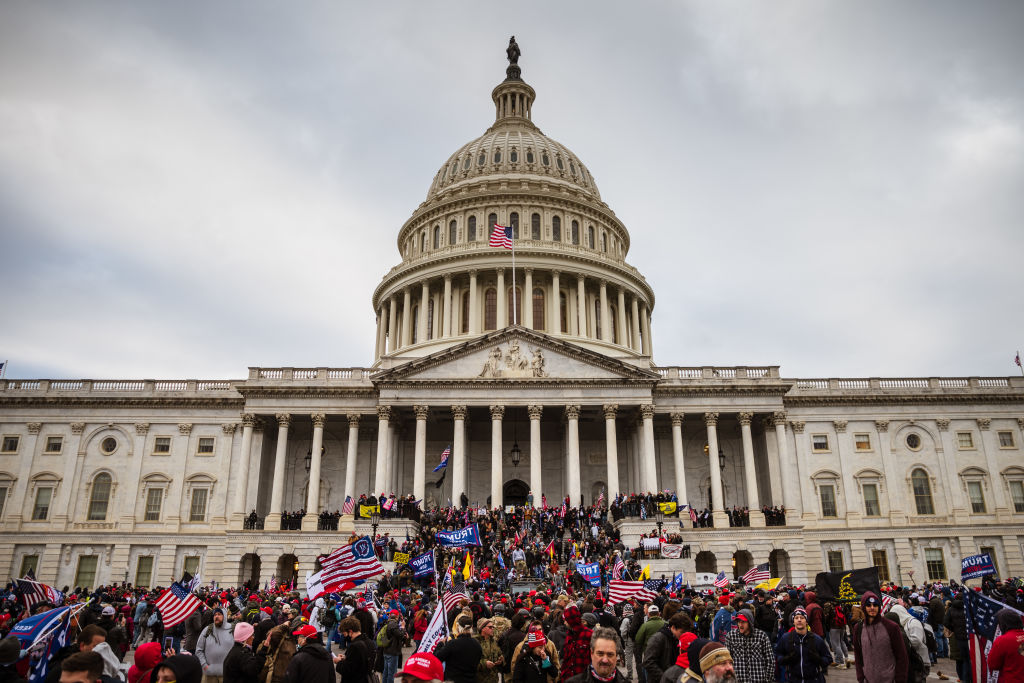Ray Epps, a key figure from the January 6th events at the U.S. Capitol, has been charged with a misdemeanor count of “Disorderly or Disruptive Conduct in a Restricted Building or Grounds.”
Despite the charges, many still question the validity of the Department of Justice’s charges and media reports, and believe Epps to have been an FBI informant responsible for inciting the riot. They point to multiple video clips of Epps from January 5th and 6th, where he appears to be rallying protesters to move towards Capitol Hill and even “into the Capitol.” Detractors argue that this suggests a role beyond mere disruption. Similarly, they cite a text message Epps allegedly sent to his nephew following the riot, claiming he had orchestrated it. Epps later retracted this claim, dismissing it as mere boasting.
Further skepticism arises from video clips showing a protester launching at a metal police barricade after Epps whispers into his ear. Epps has denied any incitement, stating that he told the protester, “We’re not here for that. The police aren’t the enemy.” Yet, critics remain unconvinced, questioning the sudden removal of Epps from the FBI Wanted List and his involvement in breaching exterior lines and interfering with security on restricted grounds for over an hour.
There have been comparisons drawn to the Proud Boys case, where a man not present in Washington, D.C., on January 6th received a 22-year prison sentence for seditious conspiracy and terrorism. Critics contrast this with Epps’ misdemeanor charge and potential plea deal, pointing out the double standard in the justice system.
Despite these critiques, mainstream media outlets maintain that there is no evidence to suggest that Epps was a federal agent. They dismiss these assertions as conspiracy theories and insist that Epps’ charge is appropriate for his involvement in the events of January 6th.













